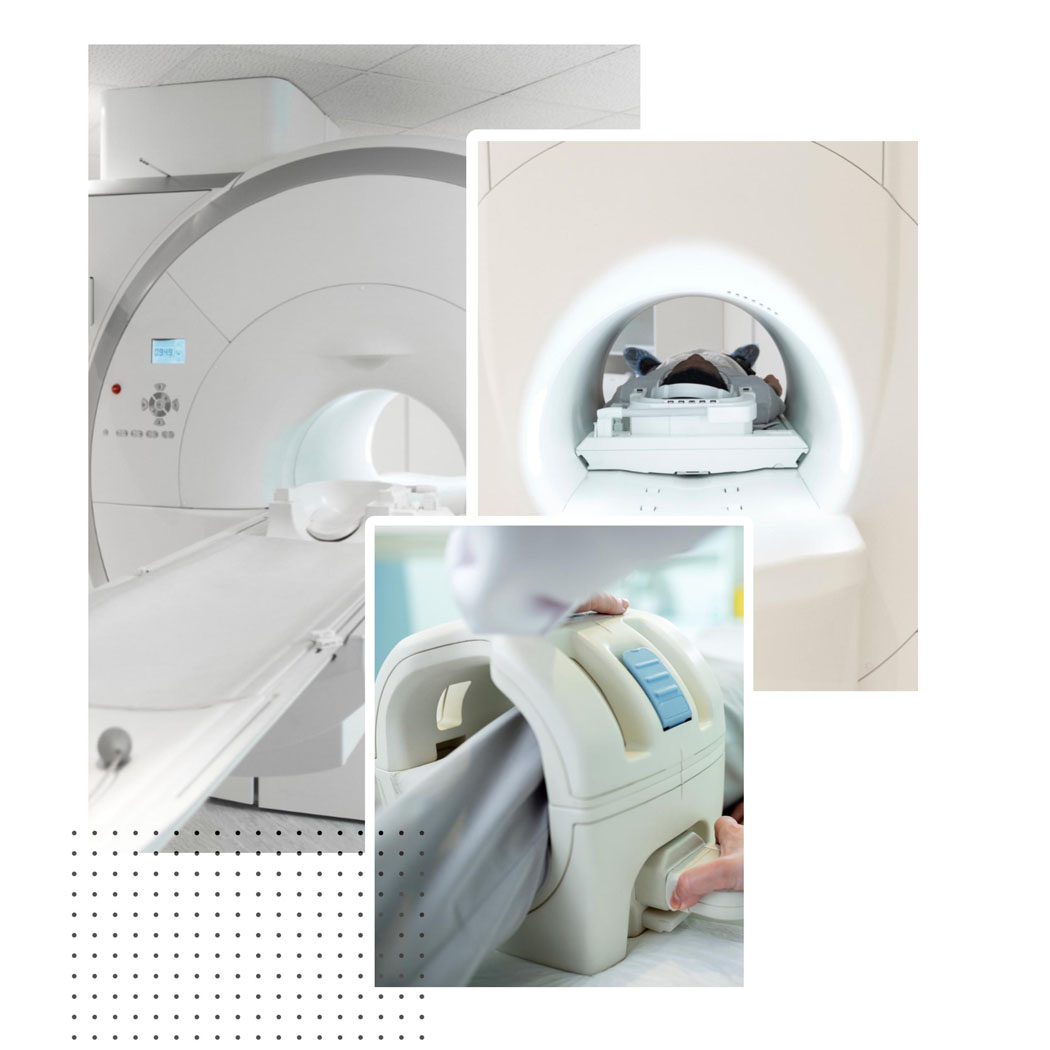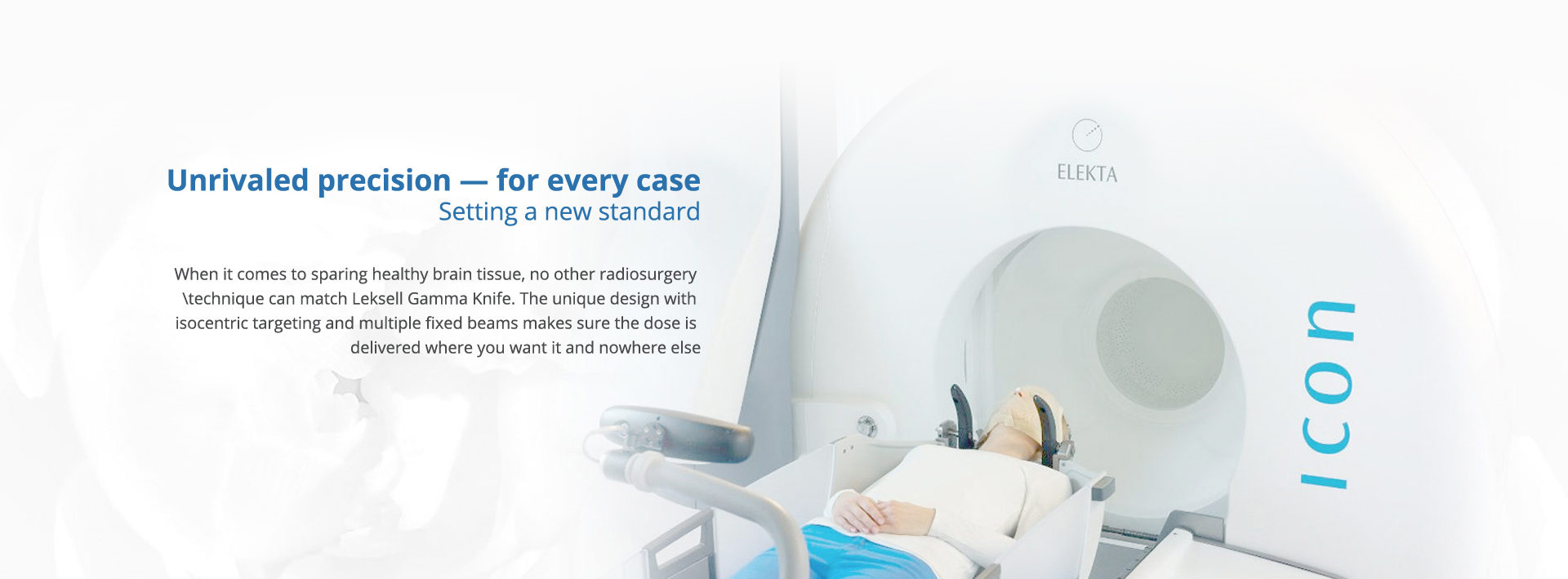
Gamma Knife Centre specializes in precise, non-invasive treatments for brain conditions using Gamma Knife technology. It harnesses the expertise of oncologists, neurosurgeons, and radiographers to provide tailored care.
Operating hours are Monday to Friday, 8:00 am to 5:00 pm, ensuring a patient-focused treatment experience. For appointments or further information, book your appointment with our consultant.
This setup facilitates accessible and efficient patient care and communication.

Gamma Knife technology allows your physician team to treat brain tumors of any size (up to 6 centimeters) or shape, and in any location, with accuracy to 5 millimeters. Tumors that are close to critical brain structures can be safely targeted.
What are the side effects of Gamma Knife?
Patients go home the same day as their Gamma Knife treatment. The most commonly reported side effects are mild and short-lived. They usually clear up within a few days of the procedure and can include fatigue
All Gamma Knife procedures are day cases compared to traditional surgery which may require 5 to 7days stay in the hospital
The impact of intensity discretisation and filtration on the performance of the...see more
The procedure will take approximately thirty (30) minutes to two (2) hours depending on the size of the tumor
Yes you may. Patient needs to come for follow up every three (3) months with magnetic resonance imaging (MRI). This is to see if the tumors stop growing or shrink.
The success rate for Gamma Knife is 90% killing or shrinking the brain tumors and stopping their growth.
Since 2019, UKMSC GKC has treated more than 400 cases.
Treatment is different on a case-to-case basis. Please call +60127037855 for more information about Gamma Knife and to book an appointment.
Publication: (in press)
Gamma Knife for Retinal Detachment caused by Choroidal Breast Cancer Metastasis: Case Report. Frontiers in Oncology
(in press)
A Case Report of Optic Nerve Schwannoma: A Dilemma in Diagnosis and Treatment Case report. Frontiers in Onocology
(in press)
A Technical Guide to Gamma Knife Radiosurgery for Ophthalmic Lesions
(in press)
Quality and Clinical Readiness of Radiomics and Machine Learning models in Meningioma Patients treated with Radiation Therapy: A Systematic quality assessment using RQS, IBSI, TRIPOD+AI, PROBAST+AI, and DECIDE-AI tools
(in press)
Patient Information

Consultant Neurosurgeon
MB. BCh. BAO. LRCP. & SI. (lreland), MMed.Sci. (1st Hons.) MRCS.MD.(England), FRCS (Neurosurgery) (England), CCST. EANS

Consultant Neurosurgeon

Consultant Neurosurgeon

Consultant Oncologist

Consultant Oncologist

Radiology

DIAGNOSTIC & INTERVENTIONAL RADIOLOGIST

Physicist

Radiotherapy